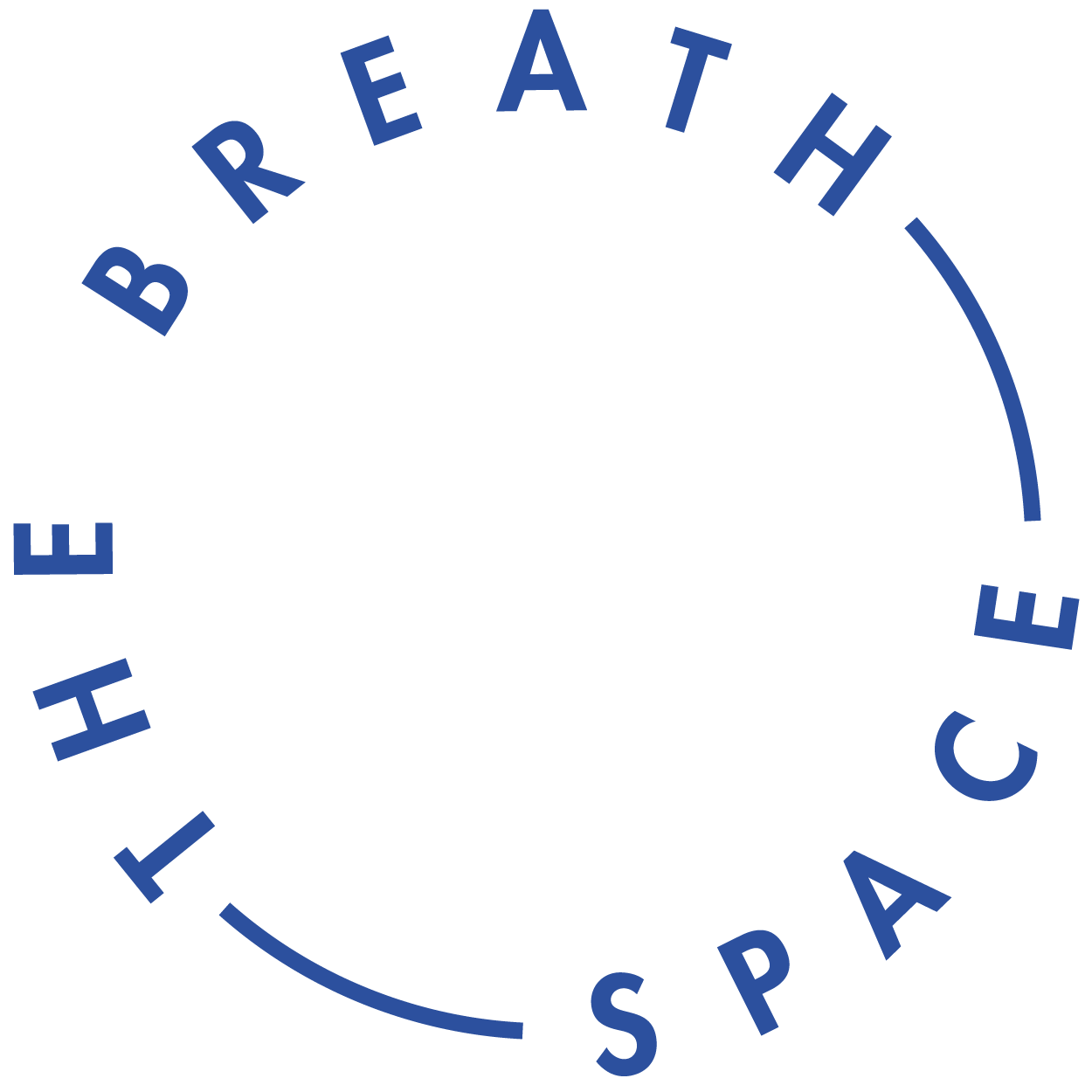For weeks now friends, family and patients having been telling me how ready they are for 2016 to end, implying that 2017 will somehow be an improvement. But how? What will be different? Politics aside, how do you want to be in 2017? How do you want to move and breathe and feel throughout your days of this year? I am not asking what you would like to accomplish. I am talking about resiliency - in the face of any situation, no matter what happens or what anyone says or does, can you articulate how you want to respond? Do you want to be calmer, more peaceful, more resilient? If so, what are you practicing on a daily basis to cultivate that state?
This concept is easier to grasp when it comes to physical activity. If you want to run a marathon in 6 months, you start training. Who imagines waking on race day, lacing up their shoes and running out the door without practicing and training? If you had been moderately sedentary or new to running, you start slow, maybe walking around the block at first. Then you begin to jog/walk. Slowly, as your strength and endurance builds, you increase intensity and distance, all the while, keeping you goal firmly in your mind. On a daily basis, you remind yourself, I am doing this because I am committed to _________ (running that race, being able to breathe without getting winded, playing with my kid, proving to myself I can do it etc). On those days when you are tired and fatigued, when it is cold and rainy outside, and your bed is just so comfortable, what gets you out of bed is not the lack of coziness, but holding to your vision and understanding of consequences. If I stay here, I will stay the same. If I get up, even if tired, something MAY change. While there are no guarantees, those who hold to their vision do their own research. They monitor and log, identify and track changes, notice cause and effect. What evidence do I have? is a common inquiry. For instance, in the last month, as it was darker and grayer in the mornings, when I woke tired and a bit apathetic about exercising, I was able to remind myself that each day, once I got to the gym and started moving, almost every time, I felt more energized and positive. And reminding myself is much easier since I have been keeping a log of my exercise habits daily as well as how I feel afterwards.
Building emotional resiliency involves the same process. We must train for it. Our thoughts and emotions are not some nebulous, ephemeral thing that exits with nothing to be done. Many practices exist to cultivate a resilient state of emotional wellbeing, from meditation, to journaling to exercise to diet. All of these can impact your nervous system and alter your brain chemistry. Which of these are you practicing?
Before throwing yourself into any training and practice, ask yourself, Am I ready to make a sincere commitment to myself, my wellbeing and my resiliency? Am I truly interested in feeling differently than I do today? If the answer is a yes, no matter how quiet or emphatic, then the fun begins. Create a pithy vision statement for your life - a first person, present tense, statement that declares how you want to live, breathe and move throughout your days. This statement functions as a compass to guide you through any storm so you are not unmoored during the inevitable ups and downs that will inevitably occur.
Next, it is time to become your own research scientist studying the very important subject - YOU. With honesty and compassion AND without judgment, shame or guilt, examine what have you been practicing daily that has lead to peace and calm, and equally what you have been doing that has lead you away from it. This is not an exercise in self-criticism. Rather it is an opportunity to learn and grow. Like any good research, you do not abandon the study when you found a particular experiment failed. Instead you go back to the drawing board and try something new.
How do you want to breathe through your life?
